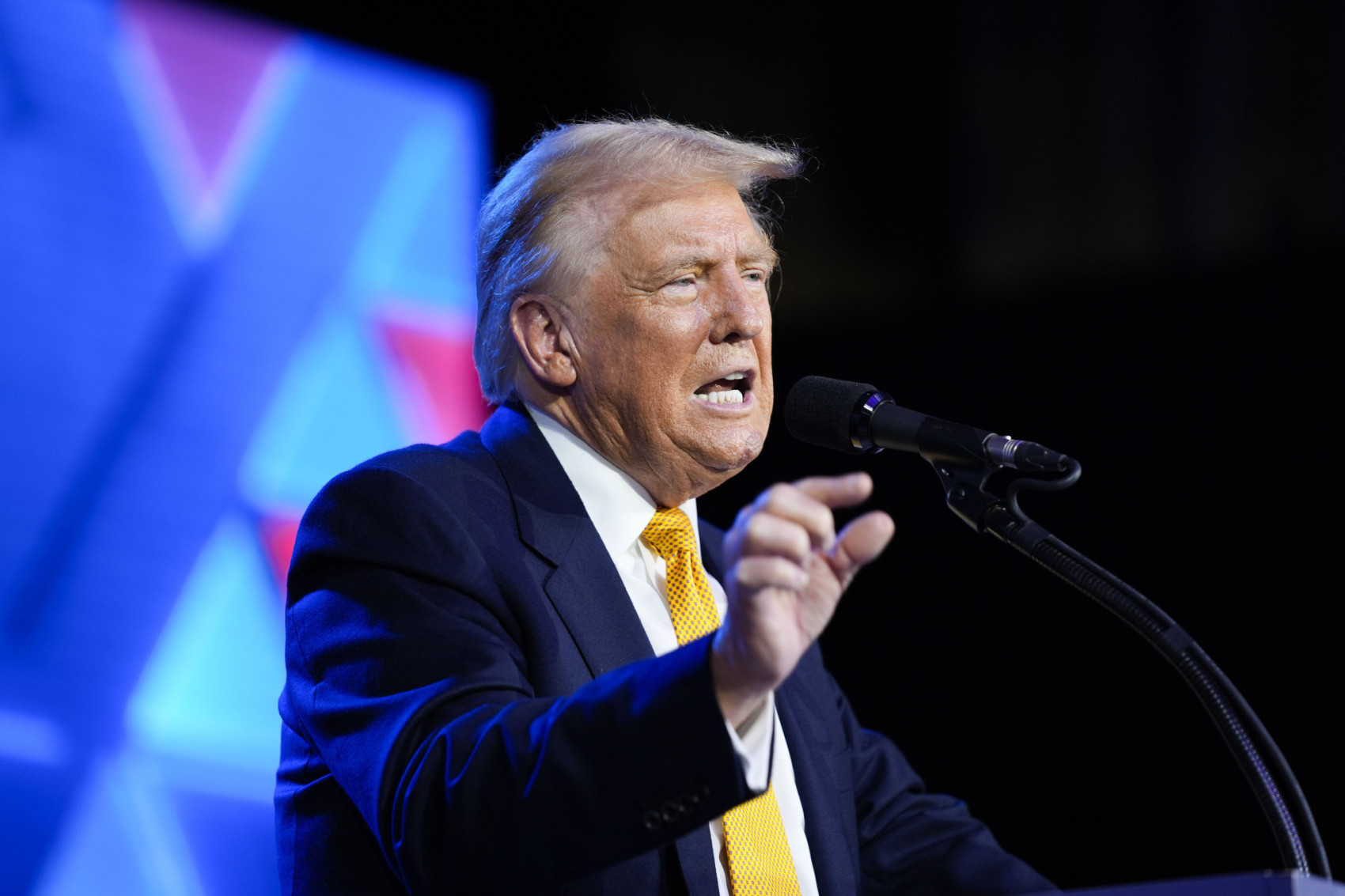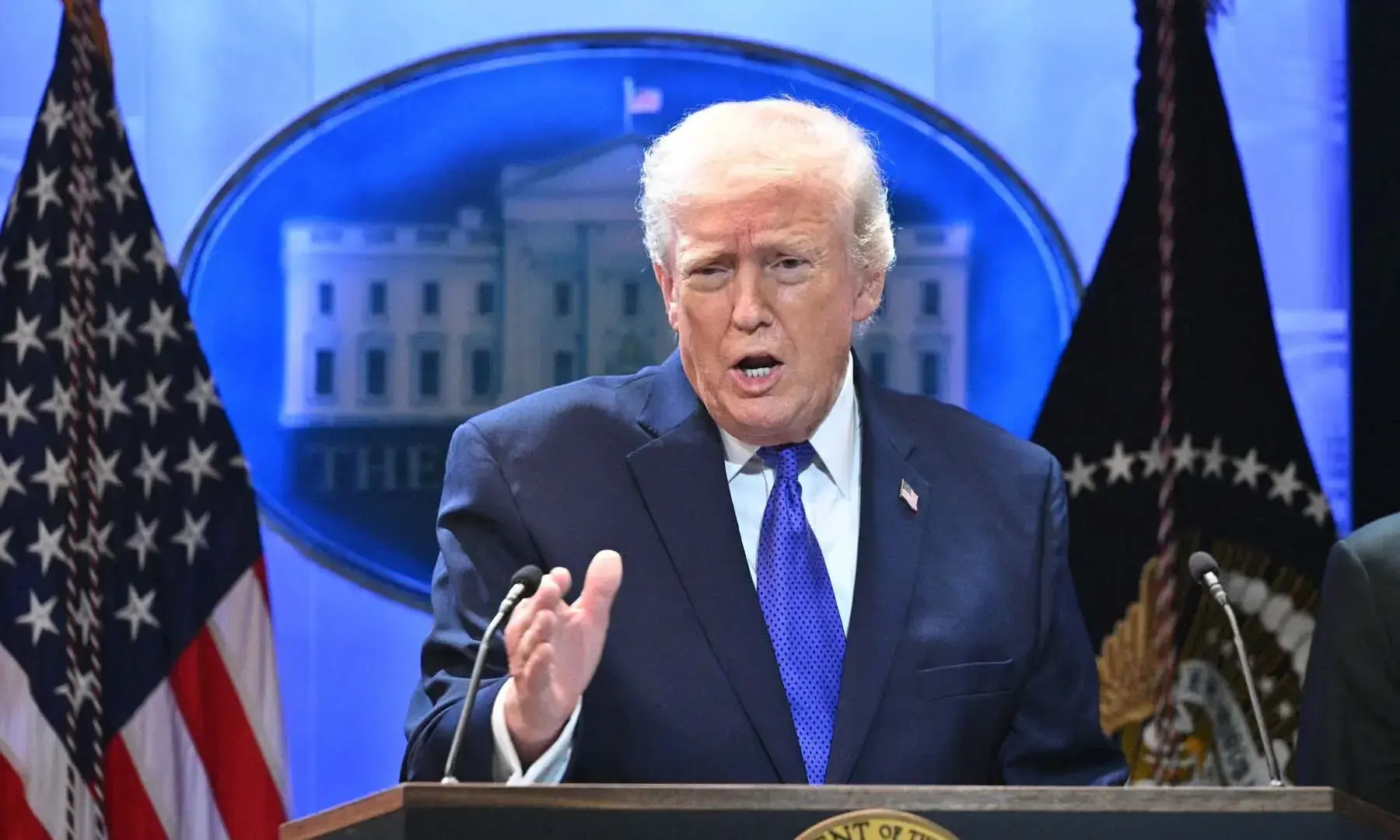The clash between Donald Trump and Elon Musk is escalating, and the ramifications are significant. Both figures wield considerable influence, and their recent conflict has ignited an intense exchange of words.
Trump has issued a stark warning regarding Musk’s substantial federal contracts, which are crucial to SpaceX’s operations. On his social media platform, Trump ominously remarked, “The easiest way to save billions in our budget is to terminate Elon’s governmental subsidies and contracts.”
This hostility has already impacted the market, evidenced by a 14% drop in Tesla’s stock price. Musk has retaliated, calling for Trump’s impeachment and challenging him to follow through with funding cuts. He also threatened to expedite the decommissioning of his Dragon spacecraft, vital for transporting astronauts to the International Space Station, but later appeared to retract this statement.
Musk possesses formidable resources to counterattack, including financial support for Republican adversaries in upcoming elections. He has even insinuated that Trump is linked to unverified Epstein-related files. In response, Trump’s press secretary offered a lukewarm rebuttal, attributing Musk’s behaviour to dissatisfaction with legislative outcomes.
As the feud intensifies, it raises questions about the political fallout for both parties. Trump has attempted to cool tensions, avoiding direct comments on Musk during public appearances, yet the discord remains palpable.
The origins of this conflict trace back to a simmering discontent that boiled over this week, with Musk dismissing Trump’s claims of needing his support to win the previous election. This feud, which has evolved from an alliance to a bitter rivalry, signifies a pivotal moment in American politics.





